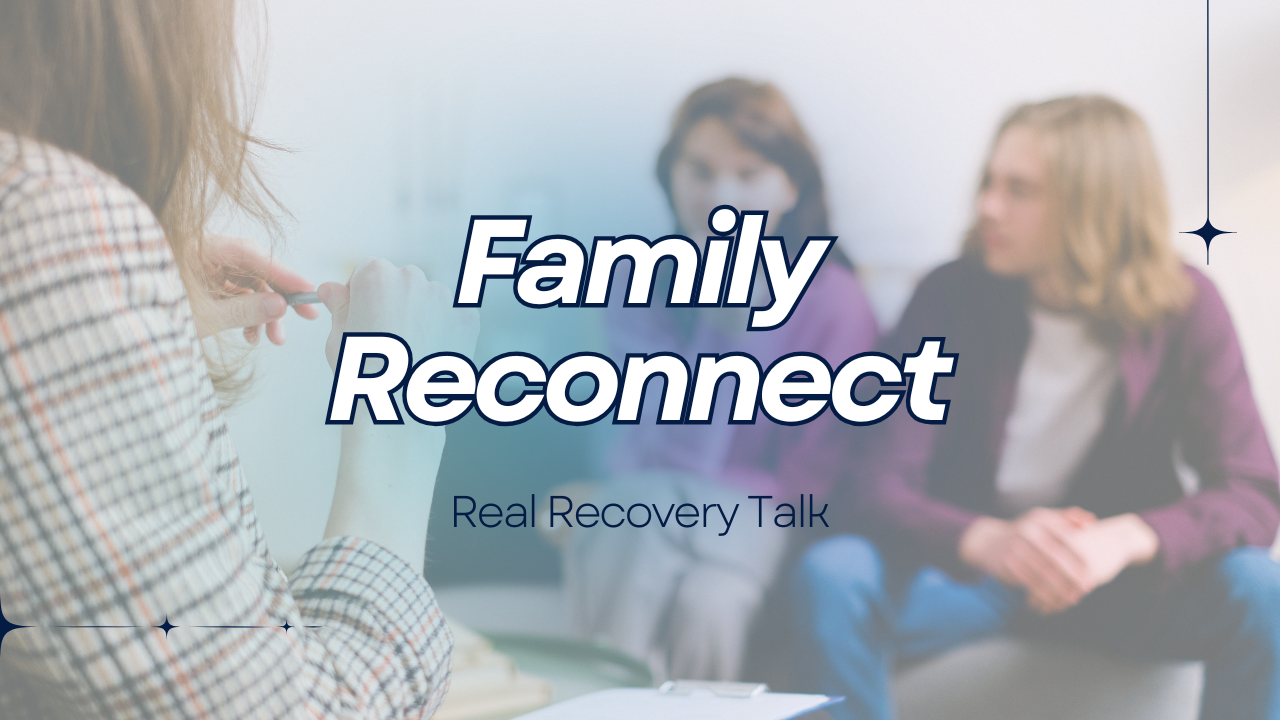51 - I am going into a Sober Living Home: When do I graduate? When should I move out on my own?
Rene and Nick are here today to talk with Tom about sober living. We are going to talk about what it consists of. What to watch for. What to expect. When is the right time to leave? We are even going to talk about how do you even know if you've left successfully.
Nick and Rene are very successful at running sober living facilities. They share their expertise and help us to understand what the process is like. A sober house is a house where you remain sober. Find out about the clinical component and the other aspects in this episode.
Show Notes
- [02:59] A sober living house consists of addicts and alcoholics.
- [03:19] Sometimes they are associated with an insurance based group therapy or an IOP.
- [03:40] They're all kinds of rules including remaining sober and drug test and breathalyzers.
- [04:04] You typically work some type of program like AA or NA.
- [04:19] You go to meetings, and you have a sponsor and work the 12 steps.
- [05:33] Rene believes that being in a sober environment with other people who have the same goal as you is key to sustaining sobriety.
- [06:07] Some homes don't own the clinical aspect of it. This may not be the most efficient way to get sober.
- [06:23] Rene believes that clinical and housing should be all in one.
- [07:02] People are often on their best behavior in groups. It can be different at home.
- [08:10] Not having housing and clinical tied together can lead to a breakdown in communication.
- [08:51] Housing that's not tied to a clinical component is better for people who've already completed their first treatment program.
- [10:26] Red flags to look out for in sober living.
- [11:03] A sober living house should be ran as if the client is still in treatment. They should require a certain amount of sober time and not allow couples.
- [12:12] If a sober living house lets someone back in three days after they relapse it looks like a revolving door.
- [13:01] Not getting drug tested is also a red flag.
- [15:29] FARR certification goes through everything. These places tend to do what they are supposed to do.
- [16:29] These are things to look out for whether you are interested in sober living for yourself or if you are a parent or loved one of someone going to sober living.
- [17:48] Working and paying the rent is a very important piece of recovery. People need to look for a job, so they can pay rent. Jobs also fill time.
- [19:18] Getting a job is about learning how to grow up and be an adult. Once you get a job, then you can look at what you might want to do for a career or school.
- [25:11] What can you expect when moving into sober living?
- [25:30] The biggest challenge is having to follow the rules. The structure is set up for success. You need to follow the rules, although it can be hard.
- [29:04] There is a correlation between organizing your stuff and staying sober.
- [32:07] Not doing your chores doesn't mean you won't stay sober but it does mean you have a problem with authority. Listening and doing things you don't want to do can help you stay sober.
- [34:50] People are going to eat your food and upset you.
- [35:17] There's bound to be conflict, but if there wasn't any conflict no one would grow.
- [36:18] Sober living isn't comfortable. Real life is filled with challenges also.
- [37:00] The amount of time it takes to graduate from sober living is different for everyone. Nick thinks 9 months is a good amount of time. If it takes a year to live sober and clean, it is worth it.
- [38:24] Your first year of sobriety should probably be under some form of sober living.
- [40:09] Even though sober living takes time, it goes by really quickly.
- [41:00] Do your research before you go into a sober living facility.
- [41:01] Take suggestions and don't ask questions
Links and Resources:


